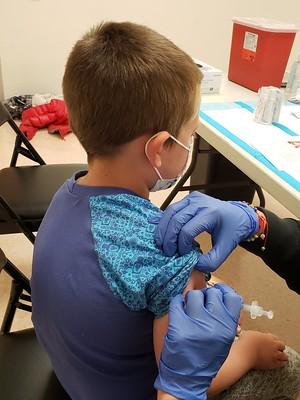
A genomic study conducted in Ghana found that the most worrisome antimicrobial resistance (AMR) genes in Klebsiella bacteria were primarily found in clinical settings, African and European researchers reported yesterday in The Lancet Microbe.
For the One Health study, researchers collected samples of Klebsiella bacteria from hospitals, residential areas, and farms in Tamale, Ghana. Their aim was to capture as many rural and urban points of potential Klebsiella transmission within and around the city, then use whole-genome sequencing to assess the prevalence of AMR genes in different settings.
While Klebsiella is a major human pathogen, the authors note that is also an "ecological generalist" that lives in many environments and can spread AMR genes in different settings. They wanted to see how different sectors might contribute to the public health burden of drug-resistant Klebsiella pneumoniae, particularly in a low- and middle-income country (LMIC) with poor sanitation and hygiene, where people live near animals.
AMR genes concentrated in clinical sources
Among the 620 Klebsiella-positive samples collected around Tamale, 27% were from hospital patients, 23% were from water, 14% from environmental surfaces, and 13% from farm animals. From these samples, 573 Klebsiella isolates were sequenced, 370 of which (65%) were Klebsiella pneumoniae.
Although AMR-associated genes were observed relatively frequently in non-clinical sources (0.7 AMR gene classes per isolate), they were concentrated in clinical sources, with the highest levels found in hospital patients (6.5 AMR gene classes per isolate) and hospital environment sources (4.8 AMR classes per isolate). Extended-spectrum beta-lactamase genes were mainly found in hospital patients (14 of 22 isolates) and the hospital environment (3 of 5 isolates). Genes encoding carbapenemases were found in only 2 clinical isolates.
"Overall, the available evidence indicates that clinical settings are the hubs of both AMR and its successful transmission, even in LMICs, which provides crucial information for designing future interventions to curb the success of multidrug-resistant Klebsiella," the study authors concluded.
















